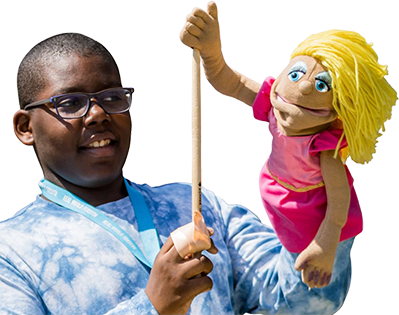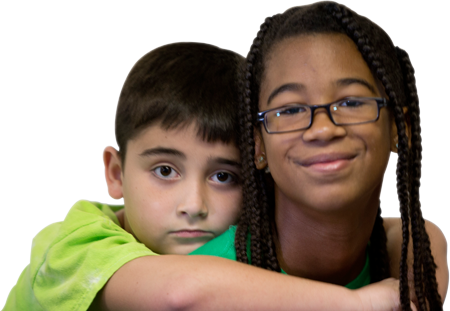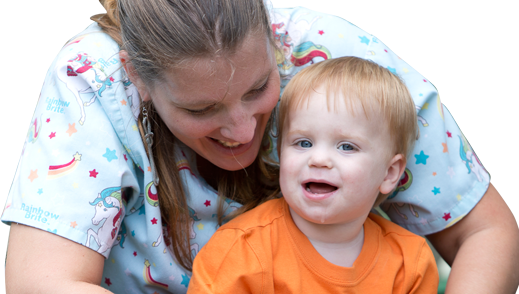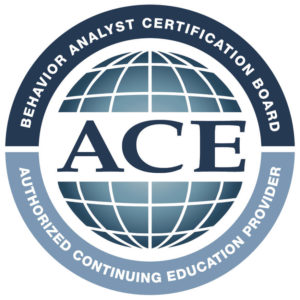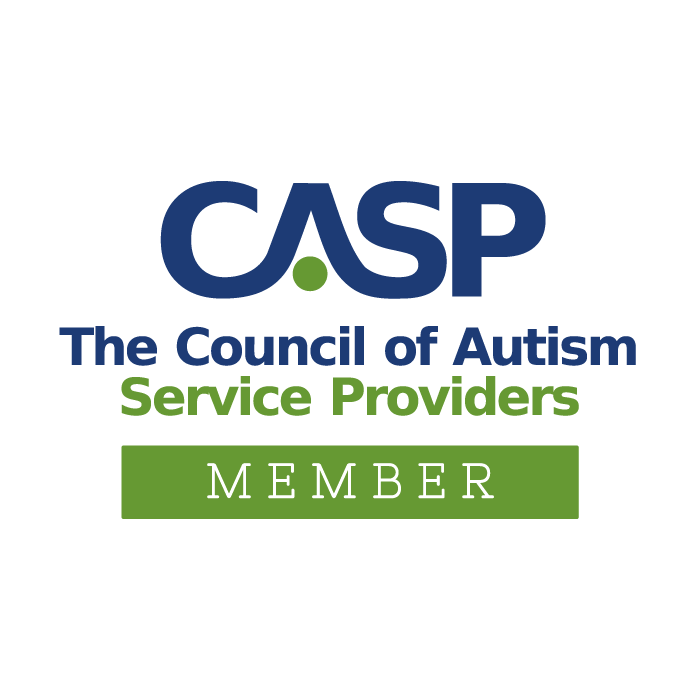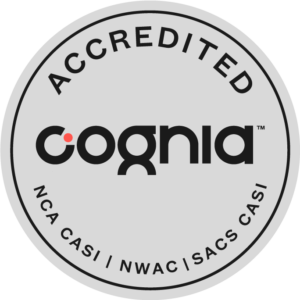ABC of NC values diversity, equity, and inclusion, as we employ and serve people from a variety of diverse backgrounds, and we want to ensure that everyone who enters our campus feels safe, accepted, and included. We do not tolerate discrimination against individuals or groups based on age, sex, gender, gender identity, race, culture, ethnicity, national origin, religion, sexual orientation, disability, neurodiversity, language, or socioeconomic status.
ABC of NC is committed to providing high-quality, evidence-based diagnostic, therapeutic and educational services to autistic people/people on the autism spectrum*; ensuring service accessibility to individuals from any economic background; offering support and hope to families; and advocating for inclusion and acceptance.
*ABC of NC respects that people may prefer different terminology to refer to themselves and/or their loved ones on the spectrum.
Tips for Selecting an Autism Services Provider
“Buy a Brick” Campaign
 It’s the perfect gift for any occasion! “Buy a Brick” in honor or memory of a loved one or friend. Click here to order a brick!
It’s the perfect gift for any occasion! “Buy a Brick” in honor or memory of a loved one or friend. Click here to order a brick!

